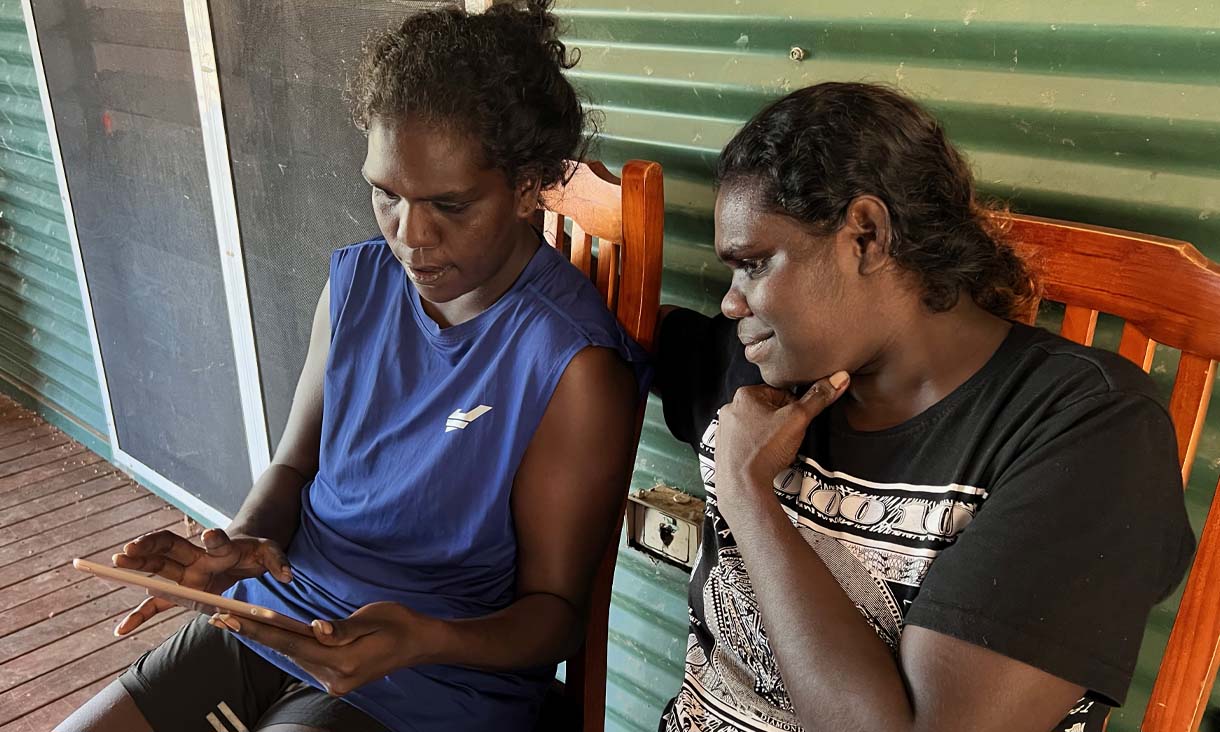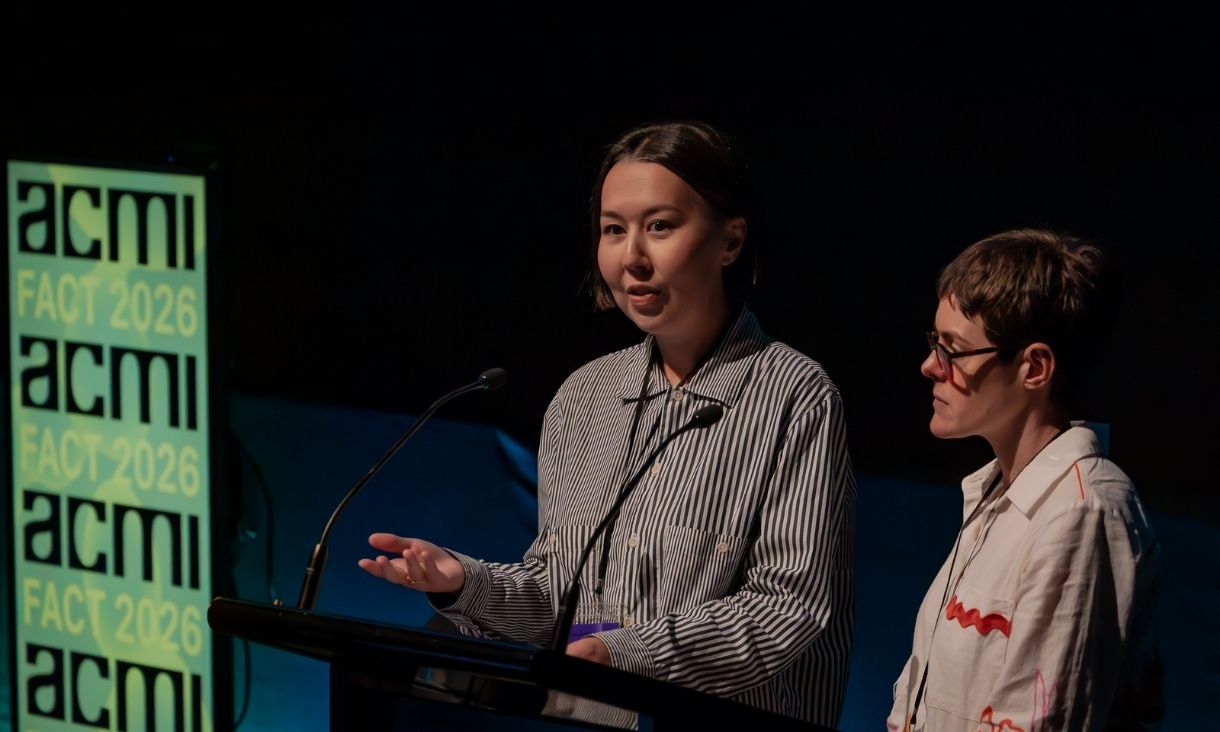Professor Emma Sherry, Dean, School of Management
Topics: sport and society, inclusion and diversity in the Olympics and Paralympics, women in sport, athlete voice
“Sport plays a significant role in Australian society, and this interest increases exponentially when major events such as the Olympics and Paralympics roll around. Although much of the focus is on feats of athlete excellence and medal tallies, the Games also provides a time for the stories and experiences of the athletes to shine.
“In the 2024 Paris Games, Australia will have over 50% of the team represented by women. We will see athletes such as Lauren Jackson breaking the mould of what we expect of an athlete, returning for her fifth Olympic Games as a mother in her 40s.
“The Paralympics provides the audience with examples of skill, grit and excellence in bodies not often celebrated in the broader community. We see excellence and achievement from people of all cultural backgrounds, body shapes and sizes, genders and sexualities.
“However, the Games are also a time for engaging in more difficult conversations around athlete voice and rights to protest, around the representation of nations at war, and managing the balance between seeking excellence and integrity, such as doping or abuse towards athletes.
“The Games are so much more than the two-week event on our television screens.”
Professor Emma Sherry is an international expert in the field of sport for social change and sport for development. She is the Dean of the School of Management at RMIT University, and sits on the Board of Sport Inclusion Australia, a national sport organisation for athletes with an intellectual impairment.
Professor Con Stavros, Associate Dean, School of Marketing
Topics: sport marketing, consumerism, sponsorship, fan engagement, future directions for sport business
“The Summer Olympic and Paralympic Games present the ultimate global sporting and event phenomenon. Over a relatively short period packed with events, a plethora of stories of ambition, achievement and accolade emerge and collide with the interests of contemporary big business.
“Paris 2024 promises to accelerate the growth of the Games, with more sports, new viewing platforms and an increasing array of stakeholders, from media to sponsors, keen to leverage their investments and activate their opportunities.
“Paris 2024 will be intriguing from a marketing perspective in many ways, including:
- Which sports will capture attention and how will attempts to attract younger audiences fare?
- What athletes/stars will emerge and how will they further develop their own personal branding in doing so?
- How will Australia perform – inevitably raising the old questions about the value of investing in elite sport?
- How will new broadcast technologies impact consumerism and engagement?
- Will the increasing question of the 'value' of hosting major events be answered, particularly with Brisbane due to host the Games in 8 years?
“Marketing is central to modern sport – and arguably the fuel in its commercial combustion – and in an increasingly fragmented marketplace. The genuine major events of showstopping potential, like the Olympics (at least for now), remain hallmarks of our life.”
Professor Con Stavros is a leading marketing expert with a focus on sport. A seasoned and highly sought after media commentator, his research, teaching and insight into the business of sport has been forged over three decades of experience and expert analysis.
Professor Matthew Warren, Director, Centre for Cyber Security Research and Innovation
Topics: cyber security
“The 2024 Olympics and Paralympics are likely to be a target of cyber-attacks because history tends to repeat itself.
“In 2020, members of the Russian military intelligence tried to hack officials and organisations at the Tokyo Olympic and Paralympic Games before the events were postponed. Russia was also behind cyber-attacks of the 2018 PyeongChang Winter Olympics in South Korea.
“The Olympic Games are symbols of national pride. France is likely to be on high alert to reduce or avoid the impacts of cyber-attacks as the Olympic Games plays out on the global stage.”
Professor Matthew Warren is Director of the Centre for Cyber Security Research and Innovation. He is an expert in cyber security and computer ethics.
***
General media enquiries: RMIT External Affairs and Media, 0439 704 077 or news@rmit.edu.au







